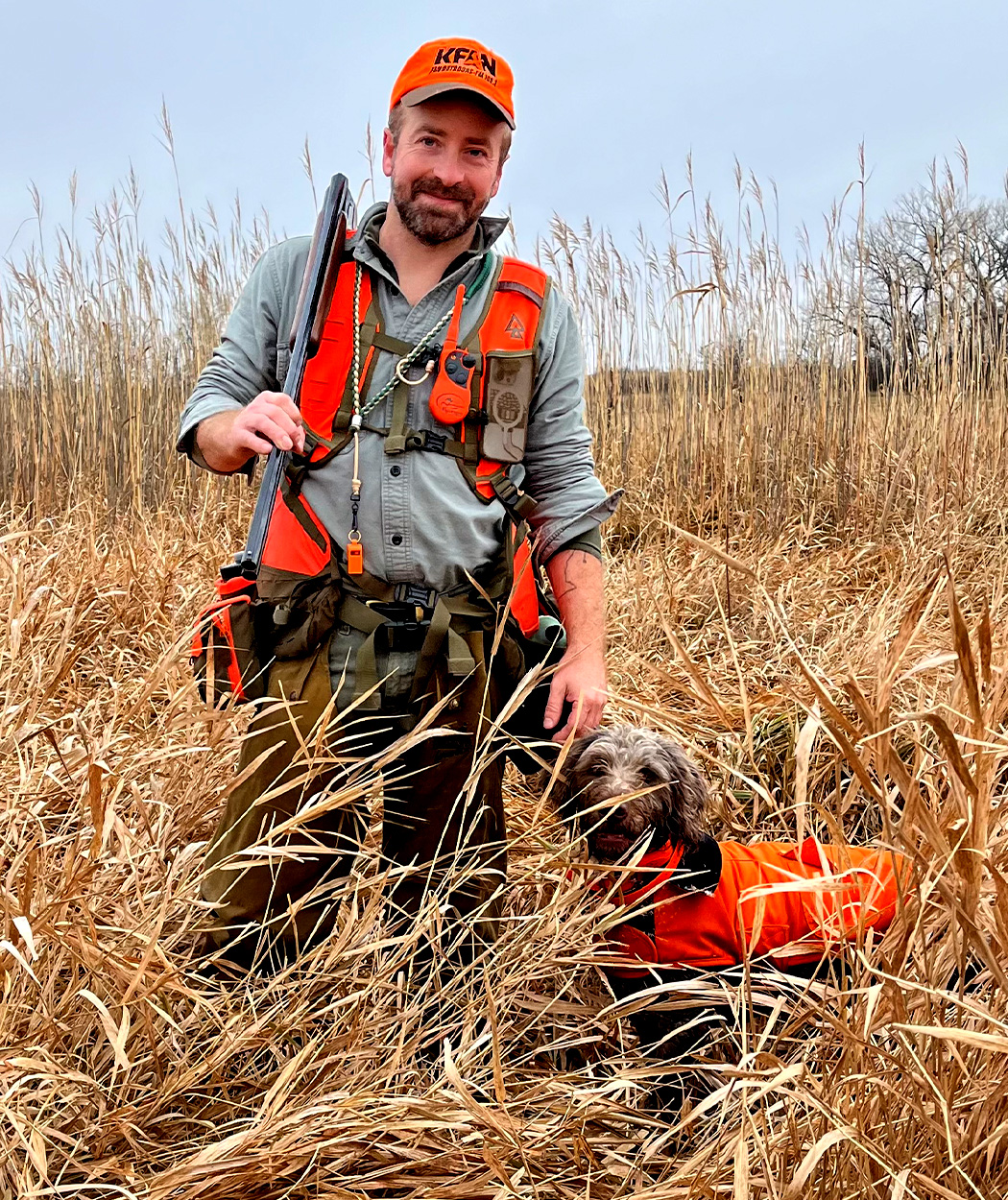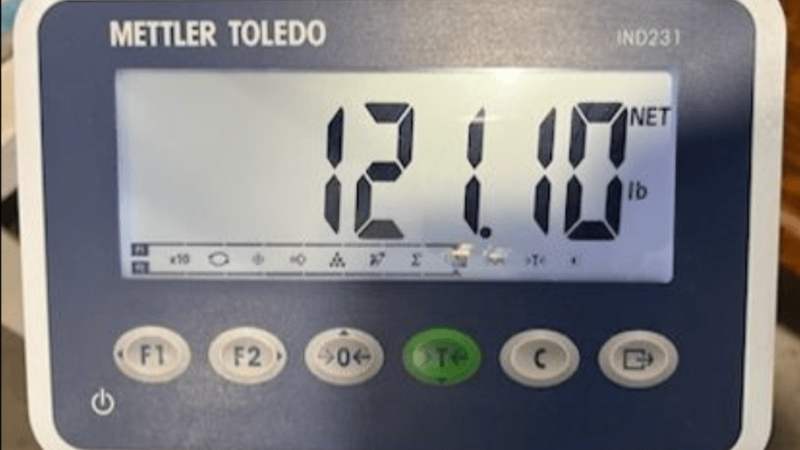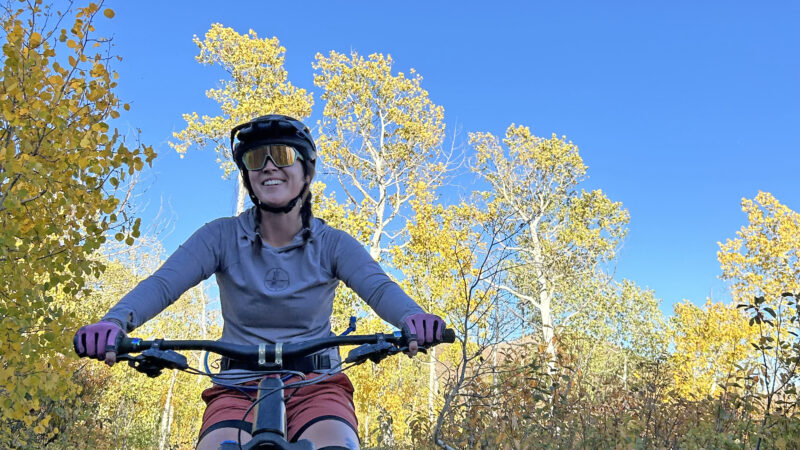The Breaths of Birds: What Hunting Taught Me About Life and Death
In high school biology class I learned that all the matter in the universe is always there. It can neither be created nor destroyed. In other words, all stuff must be remade from other stuff, on and on. Forever. The deer eats the plants and drinks from the stream, and when he dies, he’ll decompose into the earth and make soil from which new and thirsty plants will grow.
I can see all this happening as I look out my office window, where the dragonflies have swarmed out from wherever they were hiding to resume their sharp-angled pursuit of prey. On the same breeze, a female robin swoops down to snatch a dragonfly, food for her chicks squeaking in the nest under our deck. The mosquito becomes part of the dragonfly, which in turn, becomes part of the robin. This train can have few stops or many, but it always returns to the soil.
In a recent Forbes article, writer Ethan Siegel breaks down this transfer of energy another way by stating: “We have approximately one atom in our body from every breath every human has ever taken.”
Every breath ever taken. Those numbers don’t really make sense to a roofer and guitar picker like me. But given what I know about the laws of the universe, I have to guess that many of those atoms — my atoms – once belonged to another living critter. As a kid bumbling around in the woods, I remember feeling hints of this infinitely tangled web. But I don’t think I was able to fully grasp it until I started upland bird hunting several years ago.
Identifying as a hunter
I am an “adult-onset hunter.” An interesting descriptor, I know. If you started sailing when you were 38, would you be called an adult-onset sailor? And bird watching? Pick that up at 50 and no no one bats an eye.
But getting into hunting as an adult earns a title, I think, because it’s a lifestyle that’s often passed down through generations, and it can seem inaccessible when you don’t grow up around it. After all, it’s hard enough for a full-grown person to try anything truly new, much less an activity that involves guns and complicated rules.

Photo courtesy Dave Simonett
The gap that new hunters have to bridge has also expanded as the space between hunters and non-hunters has grown. A 2022 study by the U.S. Fish and Wildlife Service found that only about 4 percent of the U.S. population hunts (link to stuff on our site here), while a 2023 study showed that 17 percent of Americans disapproved of hunting altogether. Hunting has become easier than ever to politicize, which means that many of us who walk the prairies toting shotguns are often placed in rigid political boxes.
But people rarely fit into these rigidly defined boxes. If they did, I’d be stuck in one myself. I play music for a living. I write songs and tour in a band. I didn’t grow up around a single firearm. I’ve also met and hunted with people from all different backgrounds, and I’ve found that we can all follow behind a few bird dogs and get along just fine. Now that I think about it, I have no idea about the political views held by most of the people I hunt with. I don’t care, actually, and neither do they.
A first pheasant
I first got invited to go hunting by a generous friend. I say generous because now that I’ve done this for a while, I can see how using a day out in the field (of which none us will have enough) to teach someone new and make sure their barrels are pointed in the right direction — instead of going on a peaceful walkabout with your dog — is a true gift.
My vest was still light towards the end of that first hunt. Finally, after watching some of the other hunters harvest birds, a rooster jumped up in front of me from 15 feet away. I raised my shotgun carefully; my main concern that day was to not do anything dumb with the gun. I fired my bottom barrel and missed.
As the bird passed above my head, I pivoted, and after making sure I was clear of my pals, I fired my top barrel at the same time that one of my hosts shot. If you ask him today, he’ll tell you I dropped that bird. I really don’t know.
Read Next: The Heart & the Skull: A First Deer Hunt Brings You Closer to the Wild
But I know the pheasant fell. And I remember one of the dogs in our party retrieving it and delivering me the still-warm body. It was a clean kill, and for that I was thankful. I had taken my place in that cycle of life and death around which our world revolves. And all the stereotypes, fears, and preconceptions I had before that walk seemed silly and misplaced as I stood there with the bird in my hands.
Looking down at that dead rooster, I thought about the fact that I will die some day. I thought about how I will eventually turn into the plants and bugs that some future rooster may eat. He fed me that day so that one day I might feed another. In this way, we are equals. And I wonder how many atoms I have in me from the breaths of birds.
The post The Breaths of Birds: What Hunting Taught Me About Life and Death appeared first on Outdoor Life.
Source: https://www.outdoorlife.com/hunting/pheasant-hunting-taught-me-life-death/




